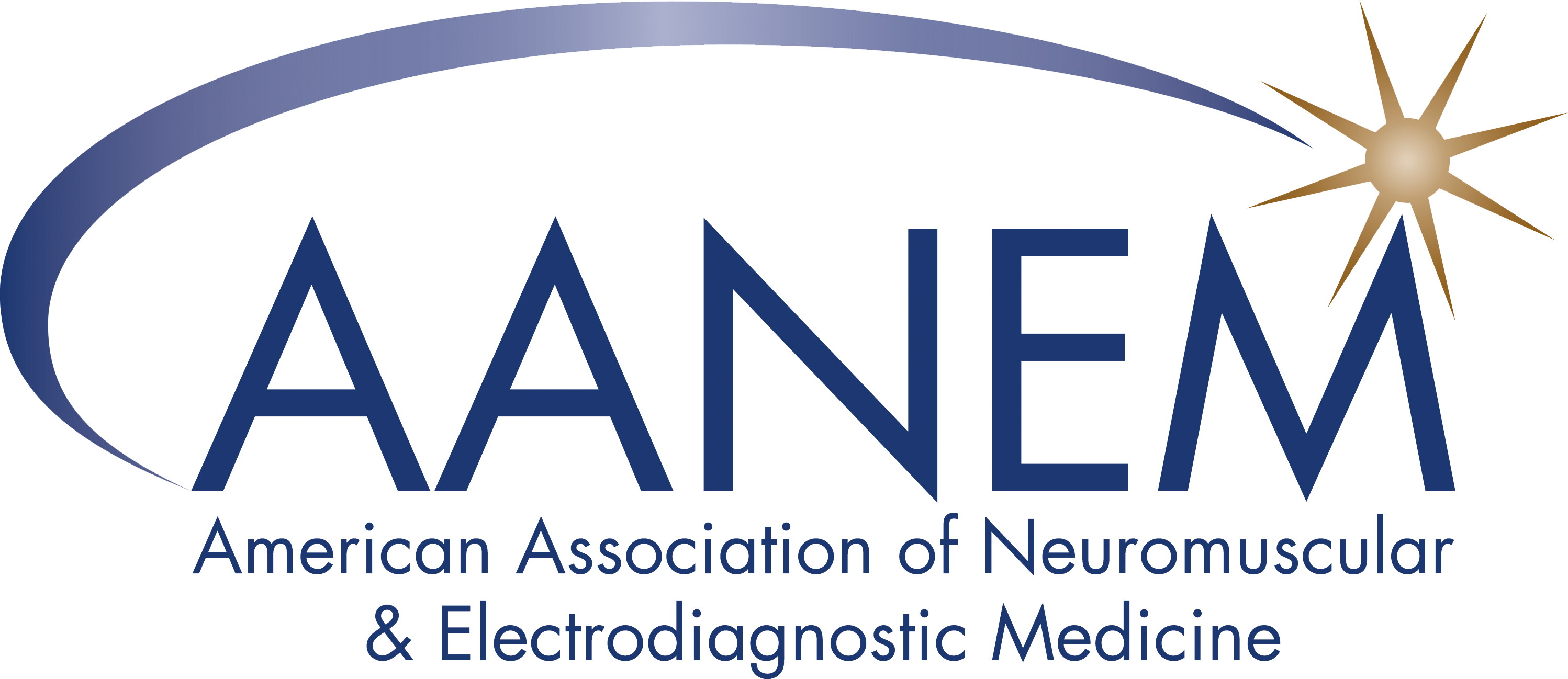What is Primary Periodic Paralysis?
Primary Periodic Paralysis (PPP) is a group of rare, inherited neuromuscular conditions that are characterized by interference with the electrical-chemical communications between nerve cells and skeletal muscles. When these communications are disrupted, which occurs from time to time, the skeletal muscles can become very unable to respond properly to nerve signals, resulting in temporary weakness or an inability to move (a paralytic attack). PPP has also been associated with muscle stiffness or pain and commonly leads to a progressive weakness of the arms and legs and muscle wasting, for reasons that are not well understood. The major recognized forms are hyperkalemic, or high-potassium form and hypokalemic, or low-potassium form, so named because of changes in blood levels of potassium observed during an attack. Several related variations of these major forms have been described in the medical literature.
What causes Primary Periodic Paralysis?
The cause of most if not all forms of PPP is a problem with muscle cell membrane’s ion channels, typically a genetically transmitted mutation of a specific ion channel protein that prevents the channel’s ability to open or close normally. In most cases PPP is inherited, and if genetic screening is performed, a family member carrying the disease may be discovered. In some cases, known as sporadic cases, no family member is found. All patients with the disease who are thinking of having children should have genetic counseling, as to understand how mutations that cause PPP may be passed down to your children.
Who gets Primary Periodic Paralysis?
It affects about 5,000 to 6,000 individuals in the US (3 in every 200,000 people), both male and female. Attacks usually appear in later childhood, before a person reaches the age of 20. However, some people begin having attacks in early childhood.
How is Primary Periodic Paralysis diagnosed?
Getting a confirmed diagnosis for PPP can take some time, because the symptoms are often confused with other, more common conditions that can cause extreme muscle weakness. It is important to find a doctor who is familiar with PPP, usually a neurologists or physical medicine and rehabilitation physicians with subspecialty expertise in neuromuscular conditions, to speed the time to correct diagnosis.
There are several factors doctors consider to establish a diagnosis, including the locations of skeletal muscles that are affected, triggers of the attacks (eg, certain foods or activities), and the age attacks were first noticed. A family history is helpful. A variety of tests may be ordered to establish a definitive diagnosis. Such testing often includes blood tests measuring certain hormone and electrolyte levels, muscle function tests, and genetic testing.
How is Primary Periodic Paralysis treated?
Recognizing and avoiding or managing triggers of attacks is often the first treatment. For example, dietary and exercise changes may be of benefit as can use of mineral supplements for some patients. During an attack, patients with hyperkalemic PPP may benefit from mild exercise and high-carbohydrate foods, whereas hypokalemic patients may find some relief from taking oral potassium. Some attacks can be so severe that patients may need immediate medical attention, so it is wise to plan for severe attacks before they occur. In all cases, treatment should be guided by a physician familiar with this condition.
No cure is currently available for patients with PPP. Only one drug, dichlorphenamide, has FDA approval for the treatment of PPP. If used, it should be taken daily to help reduce the frequency and severity of attacks before they occur.
